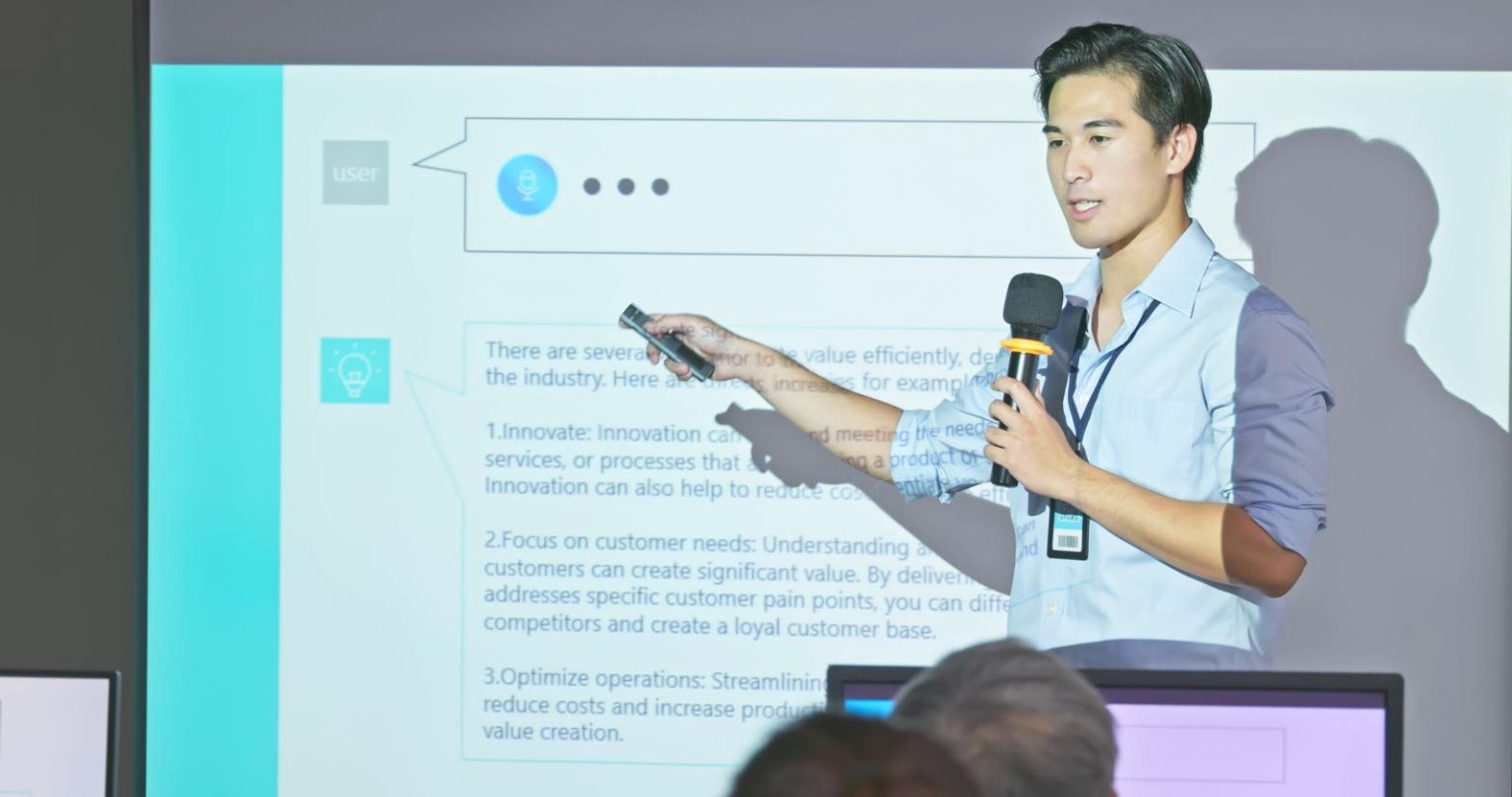Bruce Dahlgren, CEO of Anthology, brings over 30 years of technology leadership experience to the table. In the age of generative artificial intelligence (AI), concerns about the impact of AI on the workforce are widespread. Reports indicate that up to 60% of jobs in advanced economies could be affected by AI, with fields like data science facing disruption. Businesses need talent that can harness the benefits of AI to drive creativity and productivity while adapting to this new reality. AI literacy, involving a deep understanding of the technical and ethical aspects of AI, is becoming a crucial skill.
While AI offers exciting possibilities for sparking creativity and boosting productivity, there are also risks involved. AI challenges our understanding of reality, making skills like interpretation, critical thinking, and communication essential. Despite fears about the impact of AI, Generation Z seems optimistic about the benefits it can bring to their careers. Institutions need to prepare learners for a job market evolving rapidly due to AI, emphasizing technical skills alongside ethical considerations. AI literacy, encompassing the ability to discern appropriate use cases and potential risks of AI, is key to navigating this new landscape.
Higher education institutions occupy a unique position to nurture AI literacy among learners. By integrating generative AI tools into the curriculum while fostering critical-thinking skills, institutions can prepare students for an AI-driven future. Helping learners discern when AI is not the answer and avoiding misuse of AI tools is crucial. Institutions can play a vital role in equipping students with the experience and skills needed to navigate the complexities of AI responsibly.
Incorporating AI into higher education programs can free up staff from manual tasks, allowing them to engage learners more effectively. AI can also aid in assessing students’ understanding at a deeper level and preparing them for critical-thinking skills required in the workforce. Institutions must recognize the existential importance of AI literacy in staying relevant in a rapidly changing landscape. By adopting an overarching AI policy and embracing AI as a tool for innovation, institutions can provide students with the skills needed to thrive in an AI-driven world.
AI literacy is essential for learners to understand the proper use of AI tools and recognize when the risks outweigh the benefits. Higher education institutions can serve as environments where students can gain experience with AI tools under the guidance of trusted advisors. By fostering critical-thinking skills and ethical considerations, institutions can prepare students for success in an AI-driven workforce. Embracing AI as a key component of the curriculum and policy framework can help institutions stay relevant and meet the evolving needs of learners and the job market.


